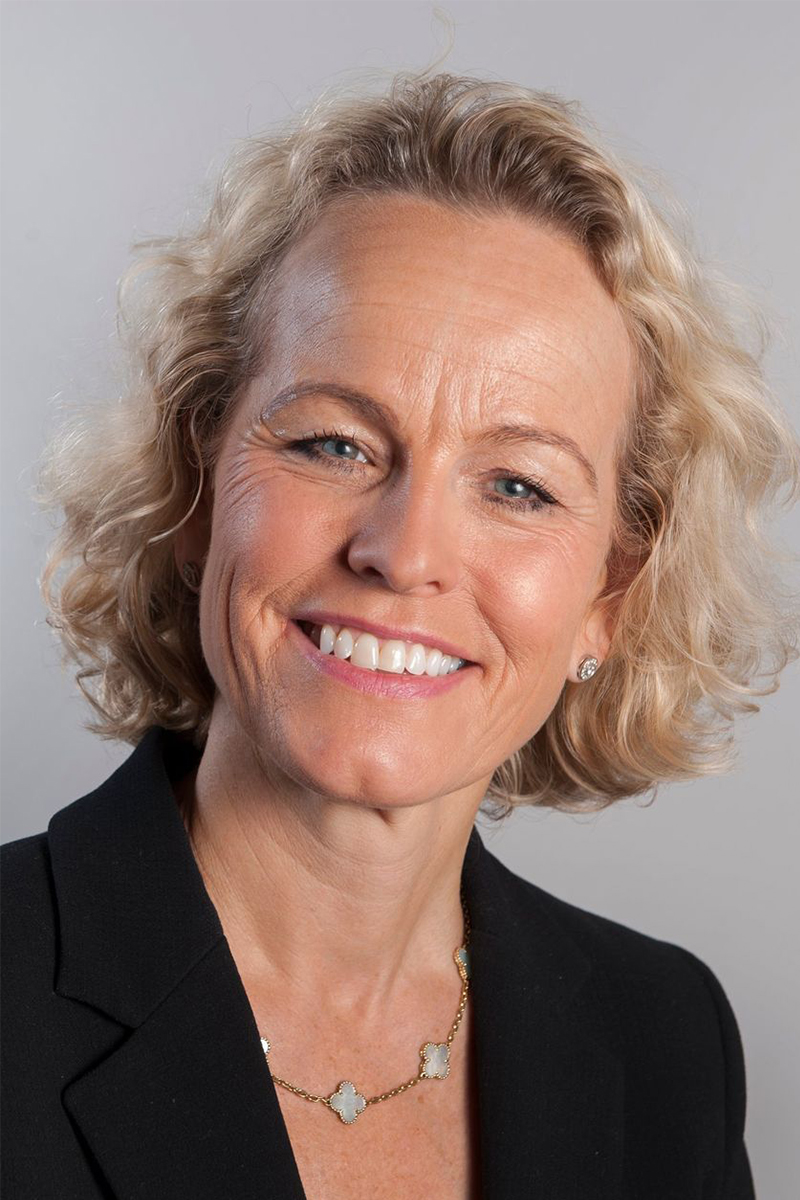Norges Bank Investment Management, the world’s biggest wealth fund overseeing about US$1.3 trillion, said the board of directors of companies on which women make up less than 30 per cent of the total should consider setting targets for gender diversity.
The company, which holds stakes in around 9,200 companies worldwide, owning 1.5 per cent of all listed stocks, published a position paper stating it wants to end the “persistent underrepresentation” of women on corporate boards.
“While there are many different dimensions to diversity, we are particularly concerned by persistent underrepresentation of women on boards. Such underrepresentation may indicate that a board is recruiting too narrowly and does not have a clear view of the full range of backgrounds and competences required to be effective. Based on our experience from markets with mandatory gender quotas for company boards, we do not believe that gender diversity will crowd out other qualifications,” the Oslo, Norway-based fund said in the paper.
“As a long-term global investor, we are also concerned that companies with boards that are not diverse will not be able to maintain the trust of their customers, investors and society at large over time.
“This position will serve as a basis for our discussions with company boards.”
Norges Bank Investment Management is known for pushing boards on issues, such as environmental, social and corporate governance.
“What we want to see is better representation of women on the boards,” Carine Smith Ihenacho, Norges Bank Investment Management’s Chief Governance and Compliance Officer, told Reuters.
“Diversity is good for the board because it brings better perspective, it is better for decision-making and increasingly important for the legitimacy of companies.
“[A lack of female representation] could also be a red flag, that a company does not have a good process to recruit the best director.”

In 2003, Norway became the first country in the world to impose a gender quota, requiring nearly 500 companies, including 175 firms listed on the Oslo Stock Exchange, to raise the proportion of women on their boards to 40 per cent. The UK is aiming for 33 per cent female representation on FTSE 350 boards.
At the upcoming annual general meeting (AGM) season, the Norwegian fund will vote against appointments to the nomination committees of companies that do not have at least two women on the board.
“We will start with developed markets and at companies where women are underrepresented, at large and mid-cap companies in the US and Europe,” said Smith Ihenacho.
She did not disclose names, but candidates for attention may include UK carmaker Aston Martin and online used car auction firm Copart in the US, which each have one woman on their boards.
The fund will refrain from voting against if companies can have a “very good explanation, like a clear plan, with clear targets, or because of a recent resignation that affected the gender balance on this board”, she added.
Last year the fund voted against the nomination committees of 16 companies, all large and mid-cap companies in the US and Europe, because they had all-male boards, she said. One of them was London-listed Domino’s Pizza, fund data showed. The firm has since then appointed two women to its board.
“What is relevant for all countries is that women in general are underrepresented and that is why we have a target,” said Smith Ihenacho.
Globally, 17 per cent of company boards do not have a single woman, she said.
“We really think diversity creates better thinking and better creativity and better business, really,” Norges Bank Investment Management CEO Nicolai Tangen told Reuters.
“The more diverse the group of people who sit together, the more creative solutions you get and so the better business. You get better innovations, better solutions. It is just good.”







